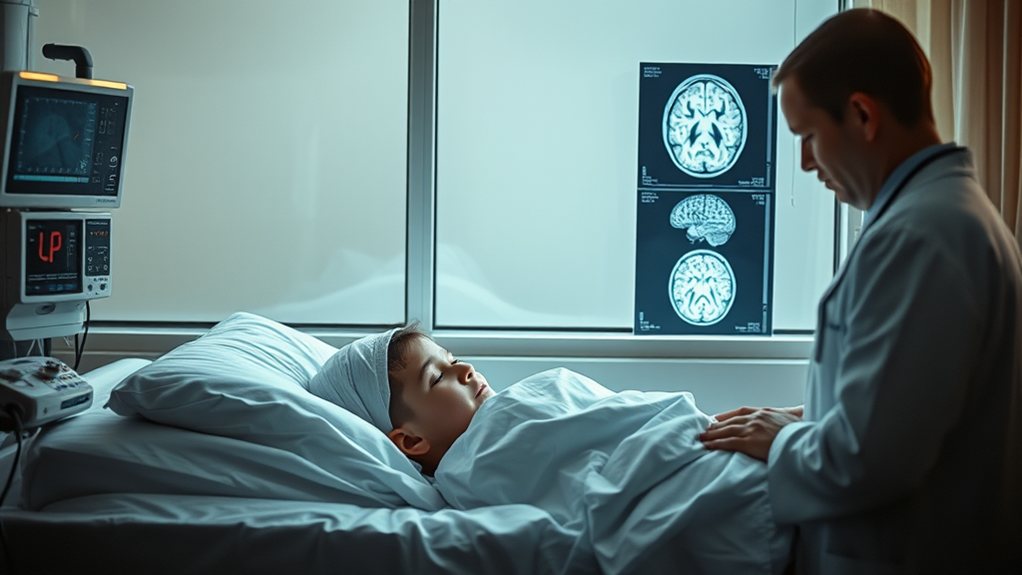
When a 17-year-old Dutch boy woke up from routine knee surgery, doctors were stunned to discover he could only speak English. The teenager, who’d injured his knee playing soccer, couldn’t communicate in his native Dutch language and didn’t recognize his own parents standing by his bedside.
Medical staff initially thought his strange behavior was just post-surgery confusion. However, as hours passed, the boy insisted he was in the United States rather than the Netherlands. He continued speaking perfect English while showing no ability to understand or speak Dutch.
You might wonder how this unusual situation developed. Doctors performed extensive neurological tests but found nothing physically wrong with the boy’s brain. The mysterious symptoms lasted for about 18 hours before he suddenly regained his ability to speak Dutch and returned to normal.
This rare case has become one of only nine documented instances of foreign language syndrome in medical history. It’s particularly notable as the first recorded case involving a teenager. While doctors can’t fully explain what happened, they’ve classified it as a unique medical phenomenon that continues to puzzle experts.
The public’s response to this medical mystery has been filled with fascinating theories. Some people suggest it could be linked to reincarnation or past life memories. Others point to the boy’s possible exposure to English through movies, TV shows, and social media as a potential explanation for his sudden language shift.
Similar cases have occurred elsewhere in the world. For example, an Australian man once woke up from a coma speaking fluent Chinese. These incidents fall under the category of xenoglossy – when someone suddenly speaks a language they haven’t previously learned.
The Dutch boy’s case remains a fascinating example of how much we still don’t understand about the human brain and language. While he’s now fully recovered and speaking Dutch again, his experience has added another intriguing chapter to medical literature about foreign language syndrome.






